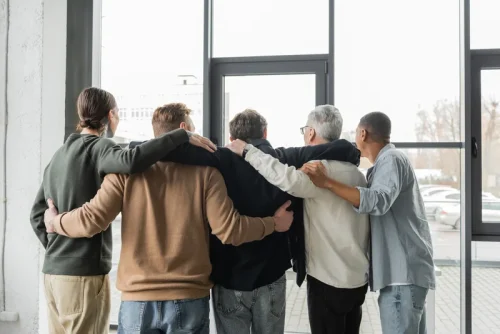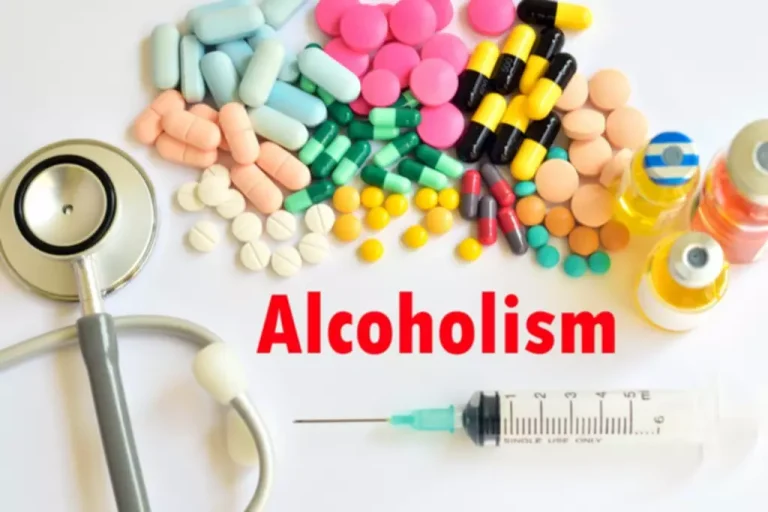
For the treatment of either disorder to be effective, both insomnia and substance abuse should be addressed together. Someone in recovery from alcohol use may experience setbacks because of sleep-related withdrawal symptoms. Alcohol can cause insomnia because of the damage that alcohol can do to your sleep cycles and circadian rhythm. This can lead to additional effects like daytime sleepiness and grogginess.
Alcohol-induced sleep disorders
The first treatment for insomnia in recovery is sobriety, and many patients will see improvement. For the specific treatment of insomnia, behavioral therapies are the preferred treatment (rather than medications), as they have been shown to be effective and they won’t interfere with sobriety. Sleep problems are often viewed as one of the last things to improve among people in alcohol recovery. Some people who stop drinking may experience delirium tremens (DT). This condition is serious and may lead to symptoms such as high blood pressure, tremors, and seizures. Sleep also helps restore the body’s ability to get alcohol out of the system.
Avoid Caffeine and Nicotine

We publish material that is researched, cited, edited and reviewed by licensed medical professionals. The information we provide is not intended to be a substitute for professional medical advice, diagnosis or treatment. It should not be used in place of the advice of your physician or other qualified healthcare providers.
Be a sleep-smart drinker.
Alcohol withdrawal insomnia may clear up when withdrawal symptoms subside. But research shows sleep fragmentation from alcohol use can last one to three years after you quit drinking. Typically, alcohol withdrawal symptoms happen for heavier drinkers. Alcohol withdrawal can begin within hours of ending a drinking session. Some people in recovery may try to start drinking again to improve their sleep.

Alcohol can cause problems in relationships, such as conflicts, communication problems, and trust issues. So, giving up alcohol may help you to improve your relationships with friends and family. One of the unexpected benefits of giving up alcohol is that you may find yourself more productive than before. This is because alcohol can cause fatigue and decreased motivation, so when you stop drinking, you may find it easier to get things done. One of the surprising side effects of giving up alcohol is that your skin may start to look better. This is because alcohol can cause dehydration, which can lead to dry, dull skin.

Although sleep disturbances are common during alcohol detox, ongoing problems hint at more severe issues. Symptoms may include frequent awakenings during the night, irritability or depression, daytime fatigue, or problems with attention and memory. People experiencing insomnia-related impairments in their daily life may benefit from a healthcare provider’s expertise. If you go to bed at the same time each night and wake up at the same time daily, your body will quickly adjust to this cycle. This will make your body primed to go to sleep at the same time each night, helping you fall asleep more predictably.

The goal is to maximize the amount of time you’re in bed actually sleeping rather than worrying about sleeping. If you keep having sleep problems, talk to your healthcare professional. To find the cause and best treatment for insomnia, you may need to see a sleep specialist.
Practical Tips to Deal with Insomnia After Quitting Alcohol
With help from experienced professionals, substance use and co-occurring insomnia can be treated effectively. If you believe your drinking may be problematic, you may learn about the differences between casual and problematic drinking by taking a self-assessment. If co-occurring substance use and insomnia are causing problems https://ecosoberhouse.com/ in your life or the life of a loved one, reach out to a representative to begin the journey towards recovery. The bidirectional nature of the relationship between alcohol and sleep is also noteworthy. Poor sleep can lead to increased alcohol consumption as a coping mechanism, which in turn can further disrupt sleep patterns.
- SAMHSA statistics indicate such sleep problems can last weeks, months, or even years after drinking stops.
- This period lasts about a week for most people, barring those with severe addiction.
- Your doctor may also prescribe medications that can reduce withdrawal symptoms and cravings.
- While drinking can increase your feelings of relaxation, these consistent side effects can have serious implications for your mental and physical well-being.
- However, it’s vital to comprehend how alcohol affects sleep patterns to grasp the knock-on effects of alcohol withdrawal.
- Some people who stop drinking may experience delirium tremens (DT).
Doctors have found that on its own, alcohol can narrow your upper airway and lead to sleep apnea problems, even if you have never had them before. Studies have shown that when you get up the next day, you may be less alert because of your drinking the night before, even though you no longer have alcohol left in your body. Throughout the night, your brain will cycle through all of the sleep stages multiple times how to sleep without alcohol to give you a good night’s rest. Eye movement increases, often seeming to jerk around, breathing increases and can be irregular and shallow, blood pressure increases and dreams begin. During this period, learning, memory, and processing functions of the brain are enhanced, affecting a person’s long-term memory capacity. They tend to be less expensive than in-person therapy and more flexible for busy schedules.
Long-established research shows the body metabolizes alcohol differently at different times of day. Studies have shown the body is more effective at processing alcohol at certain times of the day than others. There’s a complicated relationship among depression, alcohol, and sleep.
